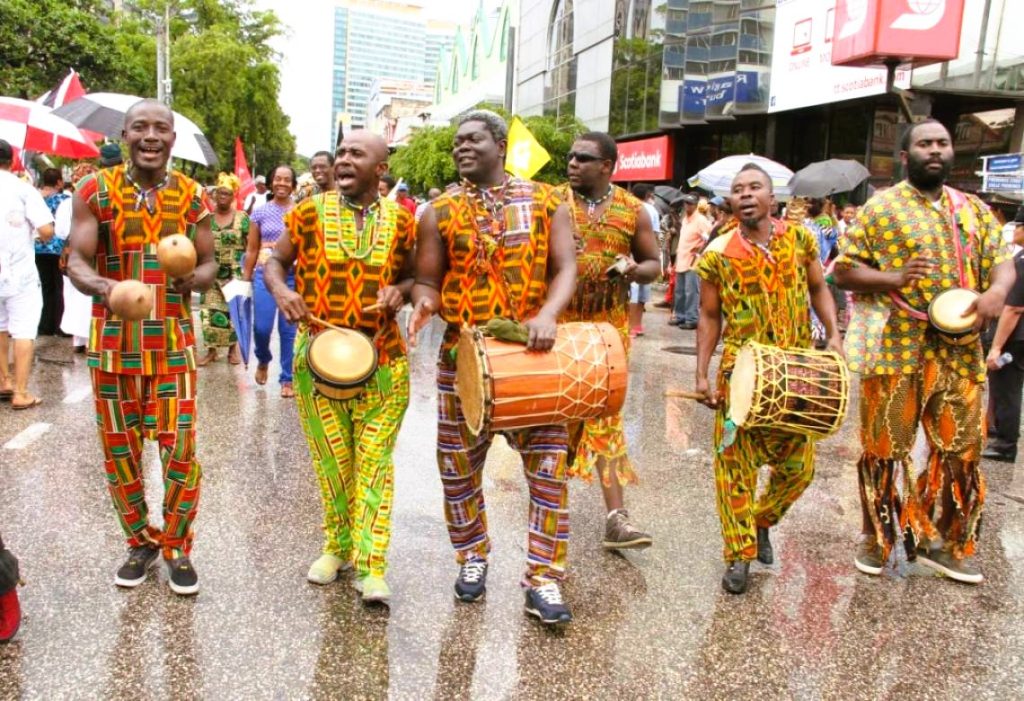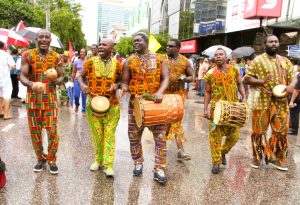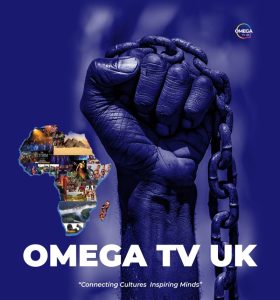Trinidad celebrates Emancipation Day marking the abolition of slavery
3 min read
Trinidad and Tobago marks Emancipation Day with vibrant parades, celebrating African heritage and justice.
Trinidad Honors Emancipation Day with Cultural Pride and Calls for Justice
The streets of Port of Spain came alive on Friday as Trinidad and Tobago commemorated Emancipation Day with colorful parades, rhythmic drumming, and a proud display of African heritage. The annual celebration honors the historic abolition of slavery in the British Empire and serves as a moment of remembrance and reflection for the Caribbean nation.
A National Holiday Rooted in Liberation
Observed every August 1st, Emancipation Day marks the formal end of slavery in the British Empire in 1834. Trinidad and Tobago became the first country to declare it a national public holiday, setting a precedent for many other Caribbean nations and Canada, where the date is also recognized. The day offers both a celebration of freedom and a solemn tribute to the lives disrupted by centuries of enslavement.
This Year’s Theme Centers on Reparatory Justice
This year’s parade was held under the theme, “Shaping sustainable futures through reparatory justice,” aligning with the African Union’s 2025 declaration of a “Year of Justice for Africans and People of African Descent Through Reparations.” The theme focused attention on the global movement seeking accountability and restitution for the injustices of the transatlantic slave trade.
African Culture at the Heart of the Celebrations
Marchers dressed in traditional African attire, waving flags and chanting to the beat of drums, transformed Port of Spain into a vibrant hub of cultural expression. The lively celebration served not only as a historical remembrance but also as a reaffirmation of identity and pride in African ancestry. For many Trinidadians, the day carries emotional and spiritual significance.
Honoring the Struggles of Ancestors
For participants like student Kabira Floyd, the day is deeply personal. “My ancestors went through a lot, and they fought very hard for us to be able to have this holiday today,” she said during the parade. Her sentiment echoed the voices of many who believe that acknowledging the struggles of those enslaved is essential to understanding the nation’s present and future.
The Toll of Slavery Still Resonates Today

According to the United Nations, between 25 and 30 million Africans were forcibly taken from their homelands and enslaved across the Americas, including in the Caribbean and the southern United States. These individuals were primarily used as laborers on plantations, creating economic empires for colonial powers while suffering immense physical and psychological trauma.
Drumming as a Symbol of Resistance and Pride
Traditional drumming played a central role in the festivities, not just as a cultural expression but also as a symbol of resilience. Bongo Jack, a drummer who has participated in the parade for years, stressed the event’s importance in educating young people. “If they were properly educated in the greatness of African history, they would be more inclined to love themselves,” he said, calling for schools to do more to include African history in their curriculum.
Global Bodies Push for Reparations and Reform
The Geneva-based Human Rights Council has continued to urge global action in addressing the historical injustices of slavery. Their recommendations include financial reparations, formal apologies, and sweeping reforms in education systems to ensure future generations understand the legacy of colonialism and systemic racism. Within the Caribbean, the regional bloc CARICOM has been vocal in its pursuit of reparatory justice for its 15 member states.
Trinidad’s Celebration Sets a Continental Tone
As international momentum for reparations builds, Trinidad and Tobago’s Emancipation Day celebration offers a powerful example of how cultural pride and political activism can coexist. The nation’s continued commitment to acknowledging its past and advocating for a fairer future stands as a guiding light for others in the region.
Looking Ahead with Purpose
As the African Union prepares for its global Year of Justice in 2025, Trinidad and Tobago’s Emancipation Day parade is a timely reminder that freedom is not only a historical event but an ongoing pursuit. Through cultural expression and public advocacy, the island nation reinforces its role in shaping the narrative of African descendants worldwide.






